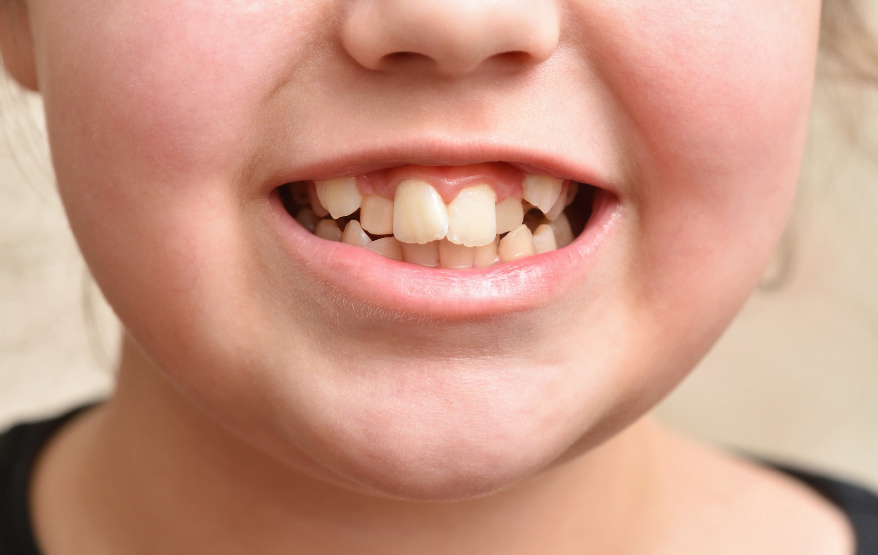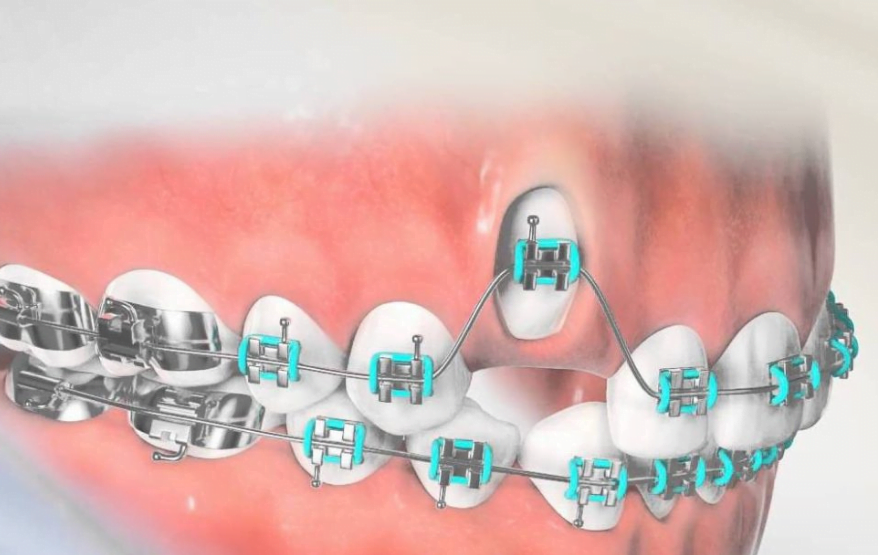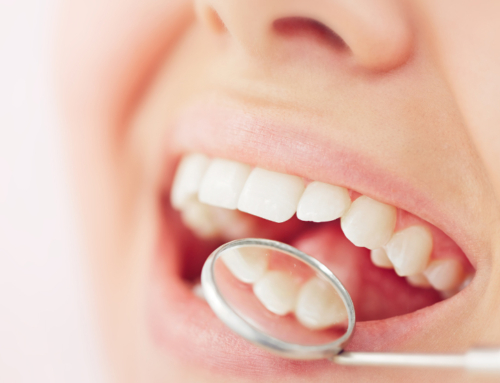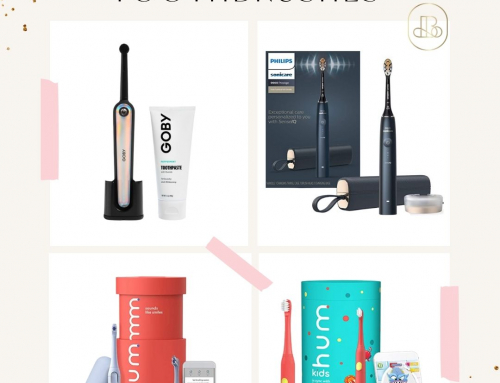Why Should I Worry About Crowded Teeth?

Having crowded teeth can certainly impact the look of your smile. But crooked teeth are more than just a cosmetic problem. In fact, they can lead to future dental health problems. Which is why, today, we’ll help you understand the cosmetic and medical concerns associated with crooked teeth. Plus, we’ll explore the causes of crowded teeth, and all your treatment options.
What Causes Crowded Teeth?
If you have overlapping teeth, or if your teeth seem to be twisted or rotated, those are clear signs of tooth crowding. Crooked teeth can develop anywhere. But they are most common on your upper canine teeth and front teeth, or on your lower front teeth.
While a small jaw or your genetics could mean your baby teeth grow in crooked, crowded teeth usually develop when your baby teeth fall out and larger adult teeth begin to take their place. Then, if your teeth are too large or your jaw is too small, crowding can develop.
According to Stanford Children’s Health, kids who suck their thumbs past the age of 5 are also at risk for crowded teeth. Jaw injuries in childhood can also increase the risk for tooth crowding. Having minimal space between your baby teeth can also increase the risk for overlapping teeth.
Complications of Crooked Teeth
If left untreated, children’s crowded teeth can lead to:
- Speech or feeding issues
- Teeth grinding
- Early or late loss of baby teeth
- Tooth decay
- Gum disease
- Jaw joint problems
Additionally, many kids with crowded teeth also develop bite issues, since it’s harder for their top and bottom teeth to align. The most common bite issues associated with crooked teeth are:
Crooked Teeth in Adults
Adults with tooth crowding can face further complications. With overlapping teeth, it’s harder to thoroughly brush all the surfaces. Which means you’re more likely to develop plaque, decay and cavities.
When tooth crowding leads to jaw alignment issues, simple acts such as chewing and speaking can increase your risk for TMJ disorder, a condition in which strain on your jaw joints and muscles leads to neck, jaw, head, face and back pain.

CREDITS: ORTHODONTICS AUSTRALIA IMAGES
Treatment Options
There are several ways your orthodontist can help treat your crooked or misaligned teeth. Options include:
Braces
Over time, tightening the wires on traditional braces will move your misaligned teeth, giving you a straighter, healthier smile. Because they are the strongest (and usually the most affordable) option, metal braces are best if your teeth are very crooked or if you have associated bite issues.
Aligners
Clear aligners such as Invisalign can straighten your teeth while creating a visual impact on your smile. Over time, your orthodontist will transition you through a series of trays that put pressure on your teeth so they move into their proper position.
Aligners work best when tooth crowding is only a minor concern, since they may not be as effective for seriously misaligned teeth. You also need to be committed to this treatment if you choose aligners, since they are removable. Because, if you don’t wear aligners for approximately 20 hours every single day, your treatment could be delayed or compromised.
Retainers
After completing teeth straightening with braces or aligners, you’ll likely need to wear a retainer. This appliance will help your newly-straightened teeth solidify in their aligned position. You’ll likely need to wear your retainer for the rest of your life in order to prevent your teeth of shifting or getting crowded once again.
Why Should I Treat My Misaligned Teeth?
When you choose to straighten your teeth, you’ll enjoy several different benefits. First, you’ll enjoy the confidence that often comes with a straight and healthy smile. Also, you’ll lower your risk for cavities and gum disease, while making it easier to stick to an effective oral hygiene routine.
After treating your crowded teeth, you may also notice less jaw, head and neck pain. In turn, you’ll reduce your risk of chipping or damaging your teeth, since they’ll now sit in a safer position, deeper within your mouth. Finally, you’ll find it easier to chew, which could improve your digestion, and lead to improved digestive health as well.

Did you choose to treat your crowded teeth? What treatment option did you choose, and how was your experience? Comment below!






Leave A Comment